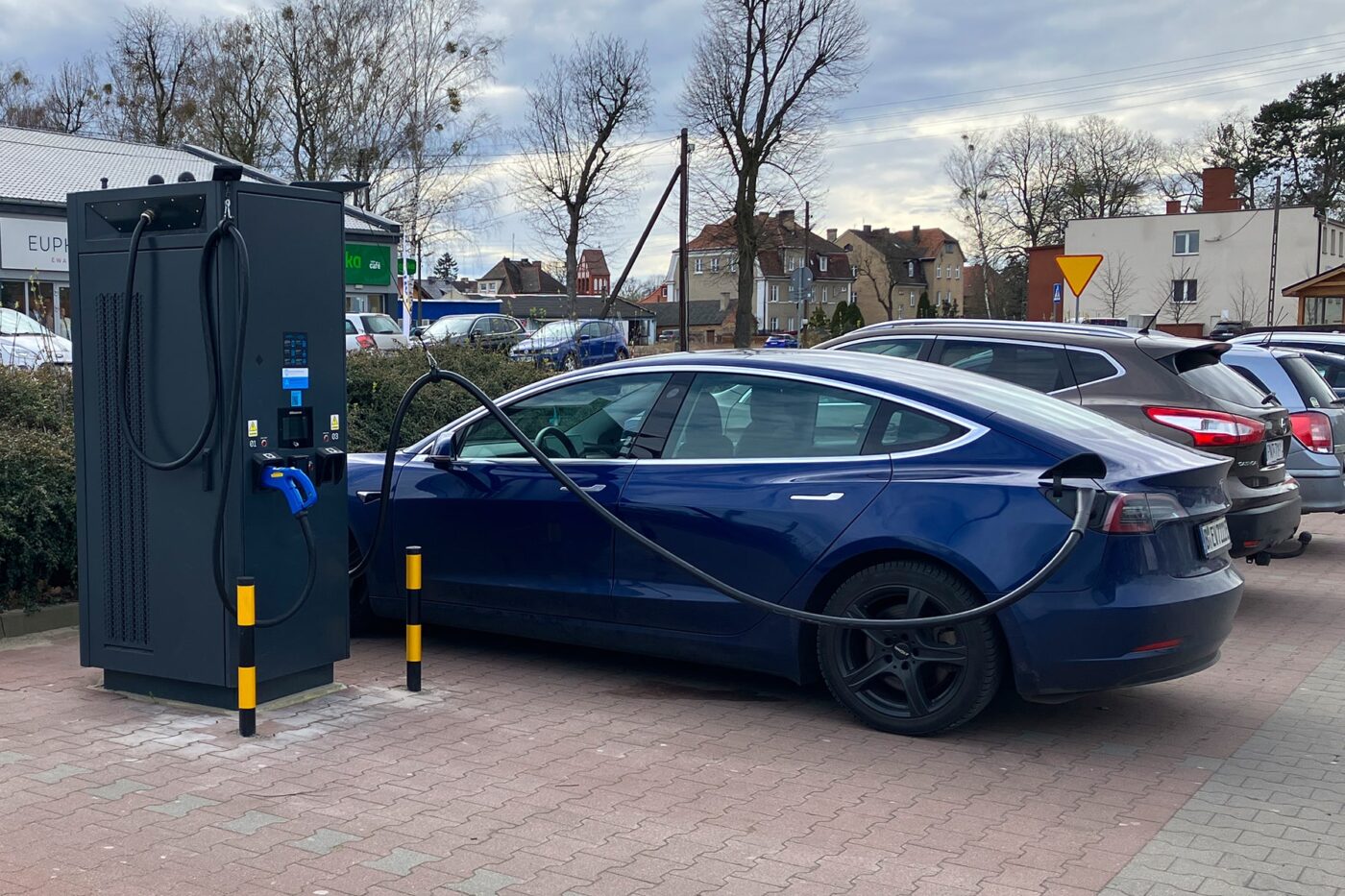Poland promotes electric cars for private customers and the self-employed
The budget comes from the EU’s recovery fund. Only new, previously unregistered EVs in the M1 category with a net list price under 225,000 zlotys (approx. 53,500 euros) are eligible for funding. The basic subsidy per electric car is 18,750 zloty (approx. 4,450 euros), with additional premiums available to significantly increase the total amount.
Two particular premiums are worth mentioning: An additional 10,000 zloty is available for scrapping an old car with a combustion engine, while private individuals with an annual income of less than 135,000 zloty can receive a further 11,250 zloty. The maximum amount of support is 40,000 zloty (around 9,500 euros).
The structure is also the same for the other support classes for private customers; only the amounts change. Anyone with a ‘large family card’ (families with at least three children) or who leases an electric car receives a basic subsidy of 30,000 zlotys. There is only an additional 5,000 zloty for low-income earners or for scrapping a combustion engine. The total subsidy is thus also up to 40,000 zloty for large families and leasing, but is structured slightly differently.
Self-employed people (whether buying or leasing) can get up to 30,000 zloty. If they also scrap an old combustion engine, they qualify for an additional 10,000 zloty in subsidies, resulting in a maximum subsidy of 40,000 zloty or around 9,500 euros.
The intention behind the subsidy is clear: according to the latest ACEA figures, only 0.3 per cent of Polish cars were electric at the end of 2023, with 16,564 new registrations in 2024 – 3.0 per cent fewer than in 2023. We want to make it possible and easy for Polish families to buy electric cars,” said deputy climate minister Krzysztof Bolesta. “We are aware that such vehicles are the future of driving.”
However, the new subsidy programme was criticised shortly after its launch. The Polish New Mobility Association (PSNM) fears that ‘NaszEauto’ (‘OurEcar’) “will not bring a breakthrough in the market.” That is because, apart from the self-employed, companies are excluded from the subsidy – and commercial customers account for the majority of new registrations in Poland. Jakub Faryś, President of the Polish Automotive Industry Association (PZPM), believes it is unlikely that all allocated EU funds will be used by the June 2026 deadline. “It is unlikely 40,000 [people] will use the scheme,” he said, quoted by Business Insider Polska. “Last year, individuals and self-employed people bought around 3,000 to 4,000 electric cars. This year, even with subsidies, it will optimistically be 5,000, maybe 6,000.”
notesfrompoland.com, gov.pl (in Polish)





0 Comments